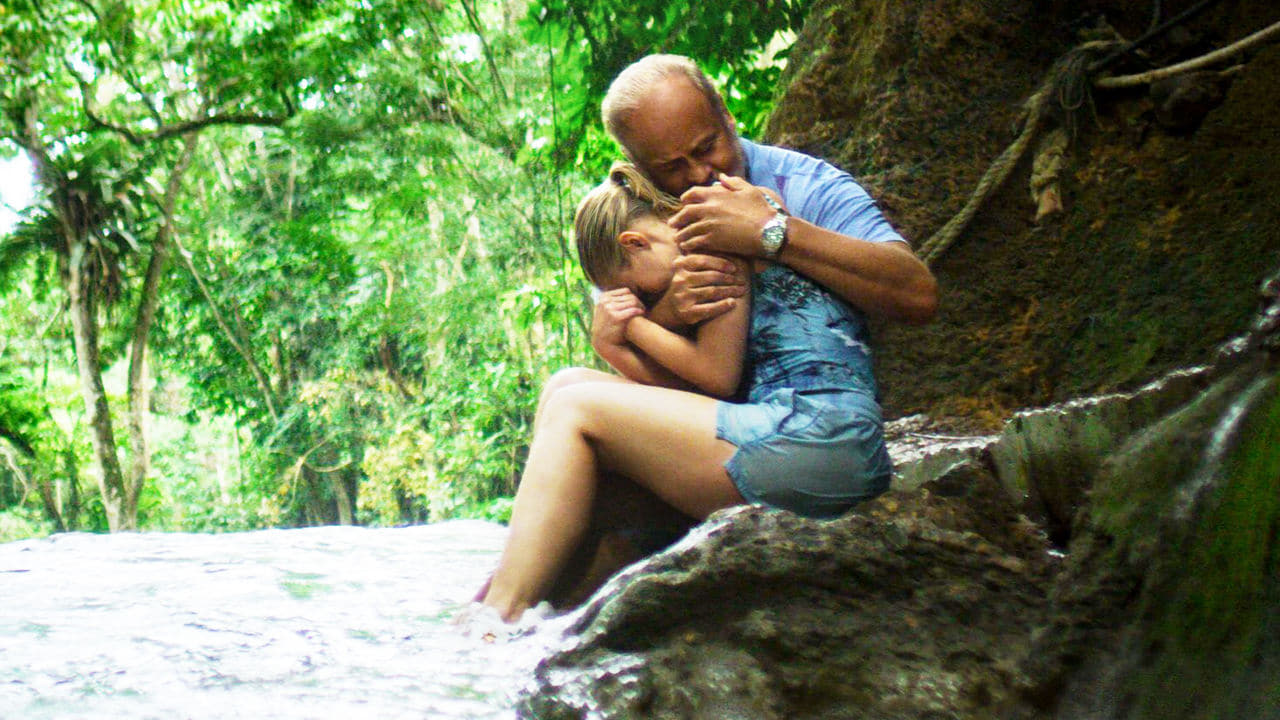

This dilemma will likely seem more alien to Western audiences than it will to the average Japanese person. Should the couples go on as before, pretending - for the sake of the sons they have raised - that nothing has shifted? Or should they attempt to swap children and begin again from ground zero? And if they choose the latter option, what psychological and emotional ramifications will accompany that decision for parents and sons?

The families meet and consider taking action against the hospital, but such recourse is tangential to the most critical question: how to adjust their interfamilial behavior. DNA tests confirm the parents' gravest fears: The child they’ve come to know and love isn't their biological offspring, but the son of Yukari and Yudai Saiki (Yoko Maki and Riri Furanki, respectively), a working-class couple in a nearby town they gave birth in the same hospital at the same time and have blindly spent years raising the Nonomiyas’ little boy, named Ryusei (Shogen Hwang), along with their other children. Then shattering news threatens to tear the household to pieces: The country hospital where Midori delivered Keita phones the couple and informs them that its employees may have erred six years prior by accidentally confusing the birth parentage of Keita with that of another infant. They love their little boy, although Ryomo puts undue pressure on Keita to succeed, despite the child's still-tender age. Ryomo is a driven businessman from a conservative Japanese family, Midori a quiet, affectionate, stay-at-home mother.

Masaharu Fukuyama and Machiko Ono star, respectively, as Ryomo and Midori Nonomiya, a married couple raising their only child, six-year-old son Keita (Keita Ninomiya), in an upscale apartment. Hirokazu Koreeda's Like Father, Like Son observes several months in the lives of two radically different Japanese families, initially unacquainted with one another, but who are mutually thrust into a bizarre, devastating situation that courts only sticky solutions.


 0 kommentar(er)
0 kommentar(er)
